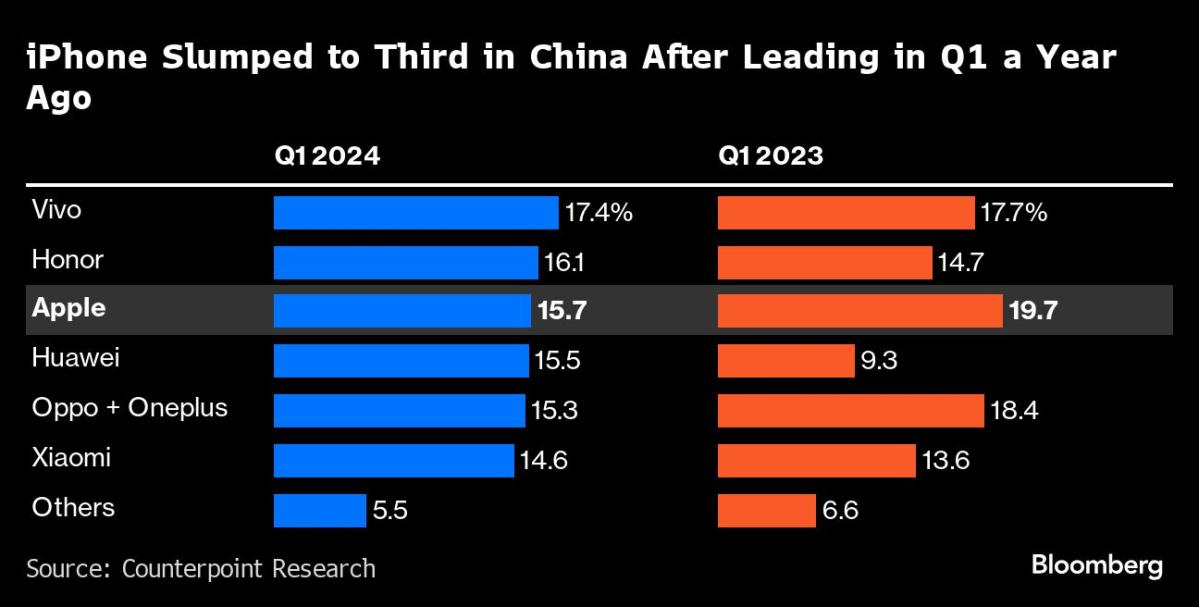Qualcomm (QCOM) is stepping up its efforts to win the AI PC race and is heading on a collision course with Intel (INTC) and AMD (AMD), with the launch of its new Arm (ARM)-based Snapdragon Windows-based laptops. The company previously announced its more powerful Snapdragon X Elite for Windows laptops in October.
The chips, which Qualcomm says will be available around mid-2024, are designed to support Intel’s latest Core Ultra line of chips as well as Apple’s M3 line of chips.
The X Elite features a 12-core Oryon central processing unit (CPU), an integrated Adreno graphics processing unit (GPU), and Qualcomm’s Hexagon neural processing unit (NPU). The X Plus packs a 10-core CPU, an integrated GPU, and a Hexagon NPU similar to that of the X Elite. The chips can also be equipped with up to 64 GB of memory.
Qualcomm markets both sets of chips as AI powerhouses, claiming they offer the world’s fastest laptop NPUs, enabling better overall performance when running generative AI applications local.
In most cases, generative AI applications run on large data center servers that you access via the web. It’s great until you no longer have an Internet connection. The idea behind local AI apps is that you can use them without needing to be online and your data stays on your device rather than on the internet.
But until now, there haven’t been many compelling integrated AI applications to entice consumers to buy AI PCs. Despite this, the industry is banking heavily on this concept to increase sales throughout 2024. Intel, AMD and Nvidia (NVDA) are marketing some of their high-end laptops as AI PCs.
Aside from their AI capabilities, Qualcomm claims that the Arm-based X Elite and X Plus lines offer better performance per watt than the Intel Core Ultra 7 155H and AMD Ryzen 9 7940HS chips. The X Elite and X Plus also use less power than competing Intel and AMD chips, according to Qualcomm.
Qualcomm even compares the X Elite and X Plus to Apple’s Arm-based M3 chips, saying the processors are 28% and 10% faster, respectively, than the iPhone maker’s offerings.
It’s important to note that these types of numbers are based on benchmarks and actual performance may differ.
This is just Qualcomm’s latest dive into the Windows PC market. The company already offers Arm-based chips for Windows systems, but has not gained much market traction. Part of the reason for this is the translation of applications designed for x86 systems running on Intel and AMD chips to run on Arm-based platforms.
Over the years, however, more developers have reworked their applications to run on Arm-based chips, making laptops powered by Qualcomm hardware a more viable option for homes and businesses.
Google Chrome,…

